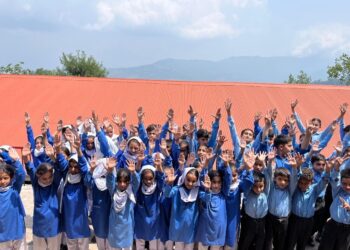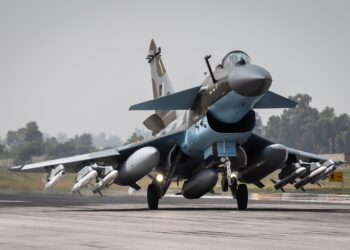Islamabad: Political Rift Over National Security Deepens
Islamabad: Defense Minister Khawaja Asif has launched a scathing attack on the Pakistan Tehreek-e-Insaf (PTI) for its decision to boycott the National Security Committee (NSC) meeting. The move has sparked a heated debate, highlighting the widening political divide at a time when national security concerns are at their peak.
Khawaja Asif Slams PTI’s Priorities
Taking to social media platform X (formerly Twitter), Khawaja Asif accused PTI of prioritizing its leader, Imran Khan, over the country’s security and stability. He stated that the party’s latest actions prove that Imran Khan remains its sole concern, while the peace and security of Pakistan take a backseat.
“PTI has proved today that Imran Khan is their first and last priority, while the security and peace of the country are not important to them,” Asif wrote.
The Defense Minister further criticized PTI’s stance by referring to their slogan, stating, “Their motto seems to be ‘No Khan, No Pakistan,’” suggesting that the party is more focused on its political leader than national interests.
PTI’s Conditional Participation in the Security Meeting
The controversy stems from PTI’s decision to make its participation in the NSC meeting conditional upon being granted access to their incarcerated party founder, Imran Khan. PTI leaders have repeatedly demanded that their leadership be allowed to meet with Khan before they engage in national security discussions.
During a recent political committee meeting, PTI leader Sheikh Waqas Akram reaffirmed that all members of the party have agreed to boycott the NSC meeting unless a meeting with Imran Khan is facilitated.
“PTI will not attend the security committee meeting until the party leaders are allowed to meet the founding chairman, Imran Khan,” he stated. “Our participation is conditional upon this demand being met.”
National Security and Political Divisions
The National Security Committee meeting was convened to discuss critical security matters, particularly in light of the rising threat of terrorism in the country. With Pakistan facing renewed security challenges, the absence of a major political party from these discussions raises serious concerns about the lack of political unity on national issues.
Political analysts have pointed out that PTI’s boycott of the meeting is not just a political maneuver but a significant statement about the party’s stance on governance and national security. Critics argue that at a time when Pakistan is dealing with security threats, all political parties should set aside their differences and work towards a common goal.
Khawaja Asif Calls PTI’s Actions ‘Unpatriotic’
Khawaja Asif did not hold back in his criticism, calling PTI’s move “anti-patriotic.” He accused the party of exploiting national security matters for political gain while the country grapples with terrorism.
“The country is burning in the fire of terrorism, and yet PTI is focused on its own political interests. What could be more anti-patriotic than this?” Asif remarked.
The Defense Minister’s comments reflect the government’s frustration over PTI’s refusal to participate in critical policy discussions. He emphasized that national security should remain above politics, urging all political stakeholders to act responsibly in the interest of Pakistan.
The Broader Political Implications
PTI’s decision to skip the NSC meeting has further fueled the political tensions between the ruling coalition and the opposition. Many believe that the ongoing power struggle between PTI and the government is leading to unnecessary divisions at a time when national unity is crucial.
Political experts warn that such actions could weaken Pakistan’s stance on counterterrorism efforts, as a divided political landscape may send mixed signals to both domestic and international stakeholders. The international community closely watches Pakistan’s approach to security challenges, and any sign of political instability could have broader implications.
Calls for Dialogue and Political Cooperation
Despite the harsh criticisms from Khawaja Asif, there are growing calls for both sides to engage in dialogue and find a middle ground. Some political commentators argue that while PTI’s conditions may be seen as unreasonable, excluding them from crucial national security discussions could also be detrimental.
The government has yet to respond to PTI’s demand for access to Imran Khan. However, insiders suggest that efforts are being made behind the scenes to resolve the impasse and bring all stakeholders to the table for discussions on national security.
Conclusion: A Divisive Political Climate Amid Security Challenges
The clash between PTI and the ruling coalition over the NSC meeting highlights the deep-rooted political tensions in Pakistan. At a time when national security concerns are growing, political unity is needed more than ever. While PTI stands firm on its demand to meet Imran Khan, the government insists that security matters should not be held hostage to political conditions.
As Pakistan navigates these challenging times, the need for bipartisan cooperation remains critical. Whether PTI and the ruling government can bridge their differences remains to be seen, but one thing is certain—national security should always be a shared priority, beyond party lines and political affiliations.

























